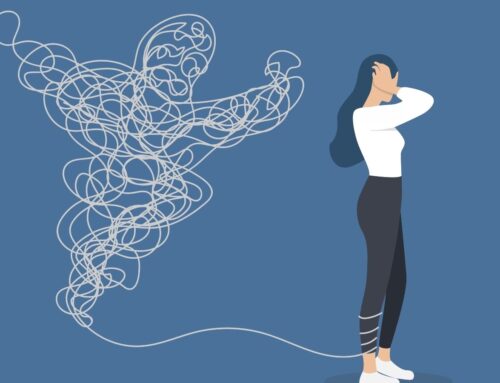Attention-Deficit Hyperactivity Disorder (ADHD) can vary in presentation across the lifespan. Children with ADHD tend to have a combination of the symptoms of inattention, hyperactivity, and impulsivity. As their brain matures and they enter into adulthood, the “AD (Attention-Deficit)” of ADHD symptoms remains intact and prominent while the “H (Hyperactivity-Impulsivity)” reduces. Thus, most children with ADHD grow into adults with ADD.
Adults with ADHD, Inattentive Presentation typically report having difficulty managing the demands of life. They are chronically late, forget items and appointments, tune out people during conversations, lack tact in social situations, have trouble meeting deadlines and obligations, and feel overwhelmed by finances. These situations can bring about feelings of chronic anxiety for adults with ADHD. They encounter thoughts every day along the lines of of “What if I forgot something?”; “What will go wrong next?”; “I’m going to be late!”; “I can not forget to pick up the kids early from school because they have a doctor’s appointment.”
In these situations, a person’s mind may become fixated on worry. For some, this is a helpful way to organize and remember. For others, this self-imposed pressure becomes debilitating. Facing tremendous worry and burden, a person may shut down even more. Some even experience a sense of paralysis that prevents them from moving forward at all. Major features of ADHD – inattention, restlessness, procrastination, sleep problems, feeling overwhelmed — can overlap with symptoms of anxiety.
Join us for the next post, in which we examine possible treatment options, including Cognitive Behavioral Therapy (CBT).
Are you experiencing symptoms of anxiety or ADHD? Contact us at Georgetown Psychology Associates today to schedule an evaluation or intake session.





